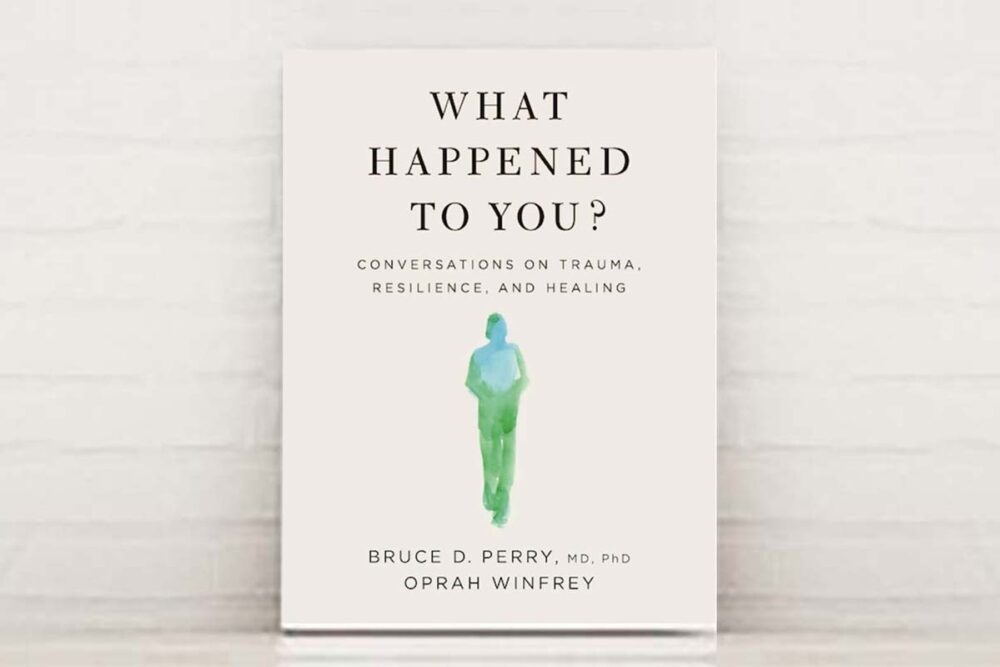Sanctuary model
The Sanctuary Model is a workplace culture-change program that teaches people how to cope more effectively with adversity and stress, and aims to prevent trauma symptoms.
About the program
The Sanctuary Model is a workplace culture-change program that teaches people how to cope more effectively with adversity and stress, and aims to prevent trauma symptoms. The Sanctuary model introduces a number of workplace practices to create positive culture change.
Program Outcomes
- It encourages us to rethink the way we manage conflict and crisis intervention.
- It supports staff to form healthy communities and create a culture that prioritises safety and wellbeing at every level within an organisation.
- It creates an understanding of how past adversity can continue to have an impact throughout life.
- It creates organisation-wide understanding that trauma has an impact not only on the people who have experienced it, but also on the staff who work with them and on the organisation as a whole.
How does Sanctuary work?
The power of the Sanctuary model is in the process. This overview shows the step-by-step process that highlights how the model delivers results.
Measuring results
The impacts of adopting the Sanctuary model are observable and measurable. Results can include improved communication and morale among staff, fewer incidents of client to staff violence and reduced turnover. When fully embedded, an organisations' clients will benefit from fewer trauma symptoms, enhanced social skills, improved judgment and decision-making and healthier relationships.
Sanctuary in Action
Hear how Kanda (disability, home care, children, youth and family services) have embraced Sanctuary and the impact of their three year journey with the model.
Kanda
Professional learning
Combatting vicarious trauma in the workplace
Vicarious trauma is an occupational challenge for many people working in community services and other industries where workers are supporting others impacted by trauma. Our Vicarious Trauma Training teaches practical strategies to identify and prevent vicarious trauma and maintain healthy teams
View more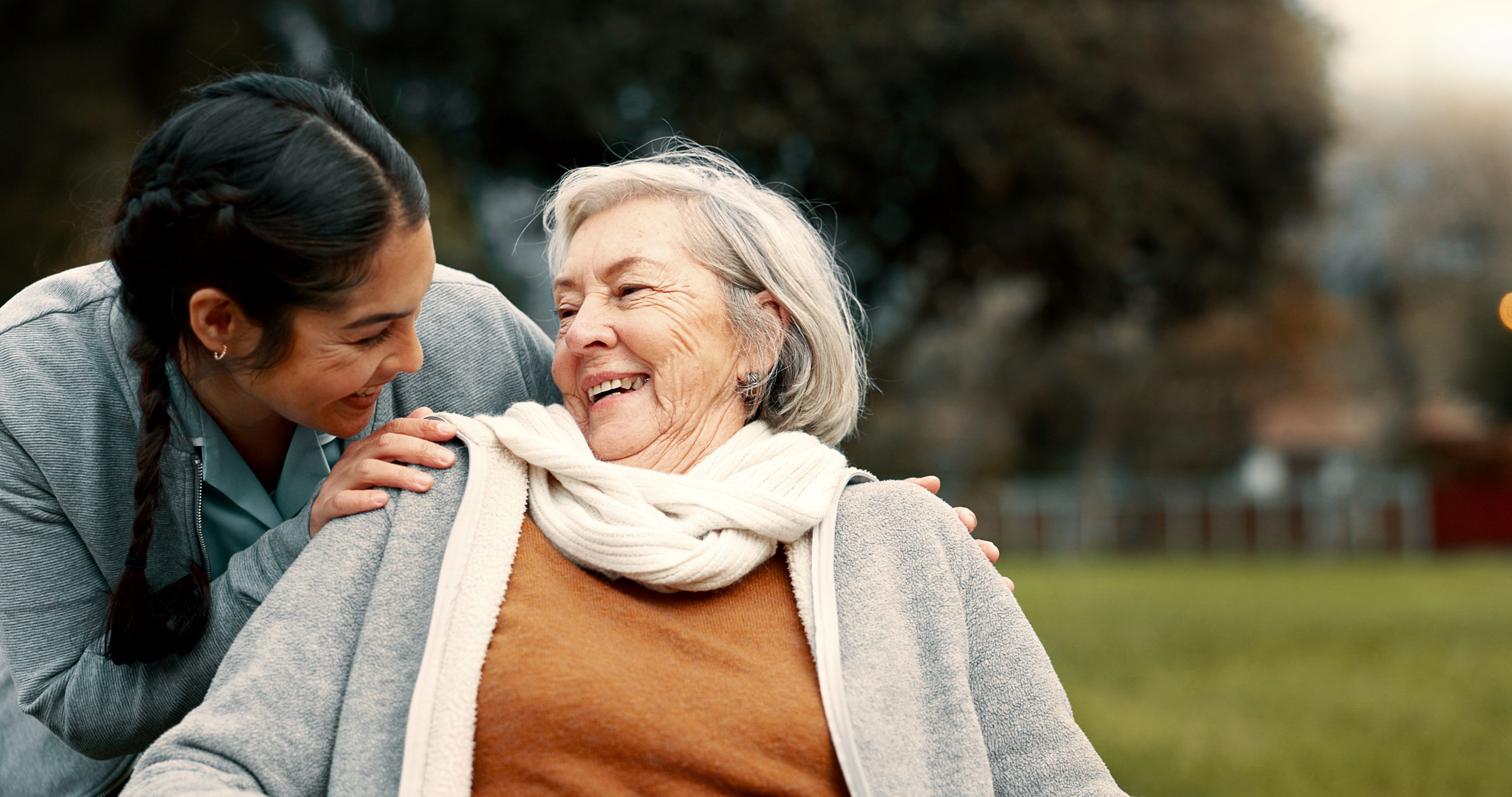
Strengthening Wellbeing and Resilience in the Aged Care Sector
Empowering aged care teams to recognise, prevent, and mitigate the impacts of vicarious trauma can help protect, empower and strengthen wellbeing. Read more about our work to support the sector and our combatting vicarious trauma workshop, available online or in person, to foster resilience and create a supportive, trauma-informed environment.
View moreFind the latest dates for our professional learning offerings
Explore a range of online learning options covering topics like Emotionally Intelligent Leadership, Combatting Vicarious Trauma and Trauma Informed Practice, or contact us to arrange training for your organisation.
"In my 16 years in this organisation I've never seen staff at all levels nod and agree that one approach is the closest model of practice to where we wanted to be."
Sanctuary training participant, Department for Child Protection South Australia

Foundations of the Sanctuary model
The Sanctuary model is based around four key domains:
Shared knowledge - Promoting resilience by educating and empowering individuals to understand and implement trauma theory.
Shared values - The Sanctuary Commitments provide the backbone for creating value-driven environments where individuals embrace growth and change.
Shared language - By utilising the S.E.L.F Framework as a problem-solving framework, organisations can safely navigate complex situations and actively promote client, staff and team wellbeing.
Shared practice - The Sanctuary Toolkit comprises a range of practical skills that enable individuals and organisations to more effectively respond to difficult situations, build community and develop resilience to cope with adversity and trauma.
- Non-violence: We use unconditional care to stay safe and allow others to feel safe
- Emotional intelligence: We manage our feelings, so we don't hurt ourselves or others
- Social learning: We are curious and learn from each other
- Democracy: Important voices and views are heard and respected to optimise decision making
- Open communication: We are honest and say what we mean with kindness
- Social responsibility: We help each other and take responsibility for our actions
- Growth and change: We acknowledge loss, are open to new ideas and are hopeful for the future
- Cultural humility: We practice deep, ongoing self-reflection to address power imbalance and cultivate cultural safety for all
The Sanctuary model is supported by extensive peer-reviewed research. It has been shown to transform organisational cultures, reduce staff burnout and promote emotional health. Studies demonstrate significant reductions in critical incidents and workplace stress while improving communication and emotional resilience among staff.
TThe Sanctuary model was awarded the 2011 Council on Accreditation's Innovation Practices Award and is currently the largest-scale implementation in the U.S. juvenile justice system. Recognised by the National Child Traumatic Stress Network, the Sanctuary model holds a scientific rating of 3 (promising research practice) from the California Evidence-Based Clearinghouse for Child Welfare.
Learn more
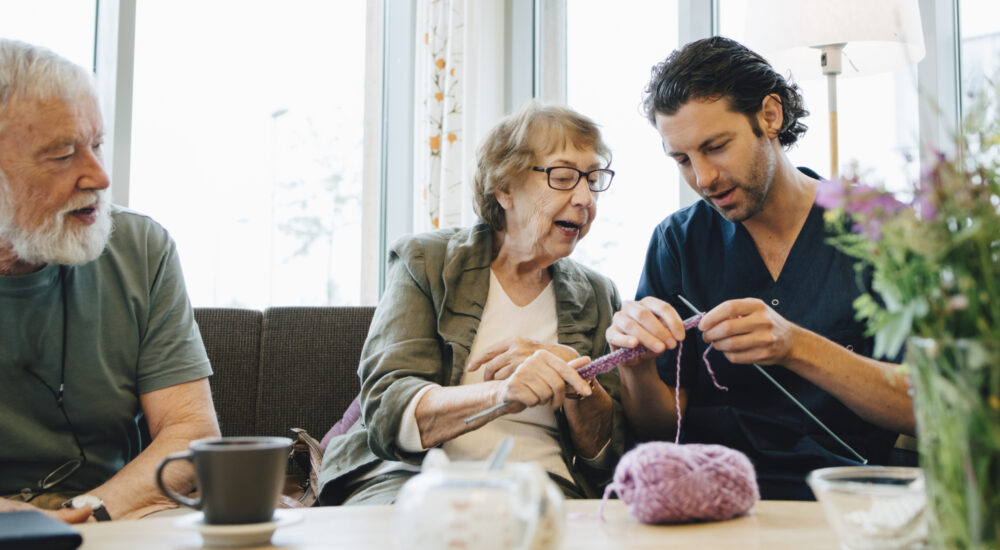
It’s time to rethink residential aged care
In partnership, the University of Melbourne and The MacKillop Institute are calling for a whole of sector rethink about the delivery of residential aged care in Australia. We should conceptualise residential settings as ‘intentional communities’ that provide a home ‘sanctuary’ for residents.
View moreResources
"An enjoyable, practical and informative workshop. Useful for the team to grow together in creating a healthy culture. It makes me want to do all the training. I also see a lot utility for clients, modelling safety plans and helping them become curious about creating their own."
Sanctuary training participant, Kinetic Medicine NSW

Our story
Our faculty
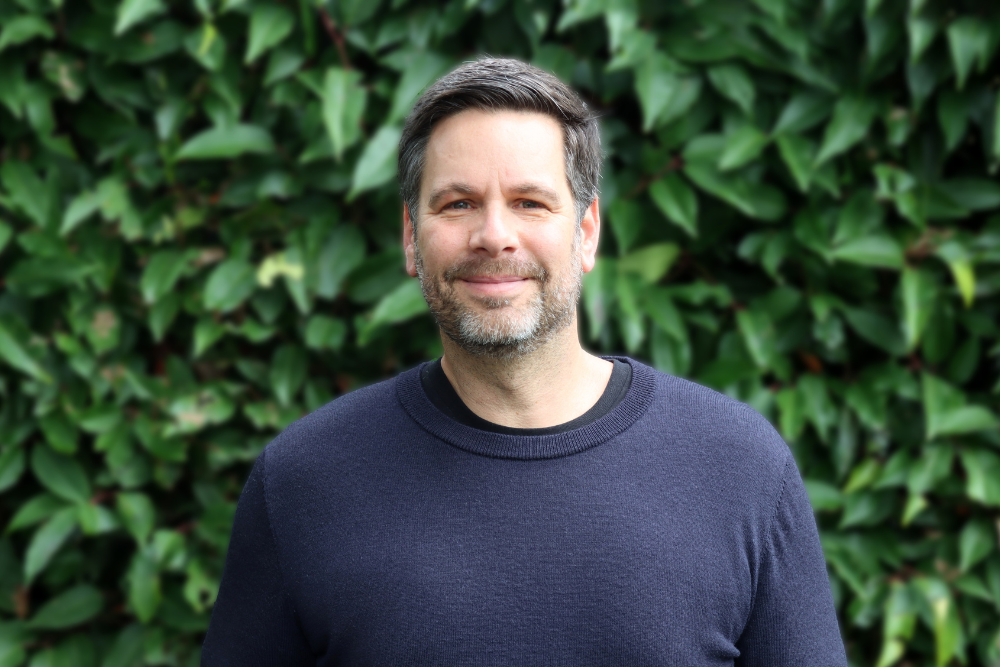
Cameron Burgess
National Program Director, Sanctuary
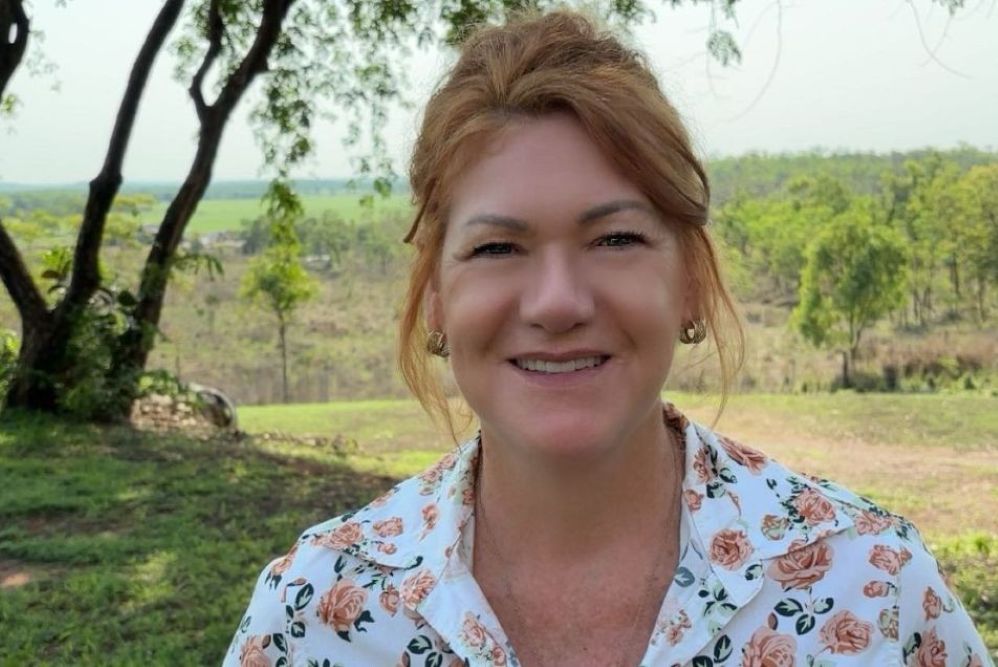
Melinda Flemming
Sanctuary Faculty Consultant
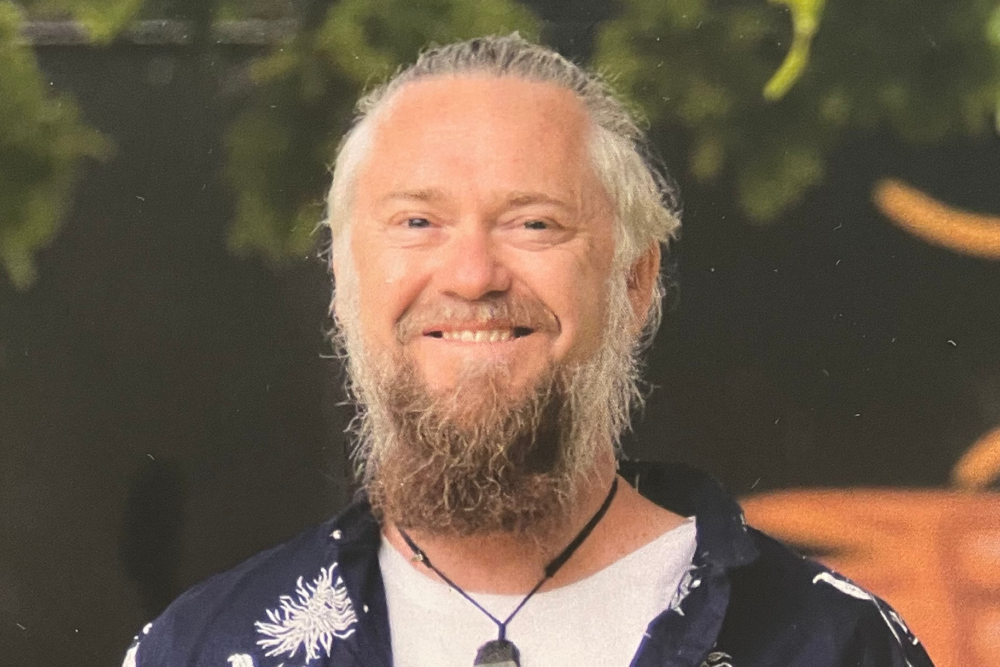
Richard Bullock
Sanctuary Practice Lead Ethos and Culture
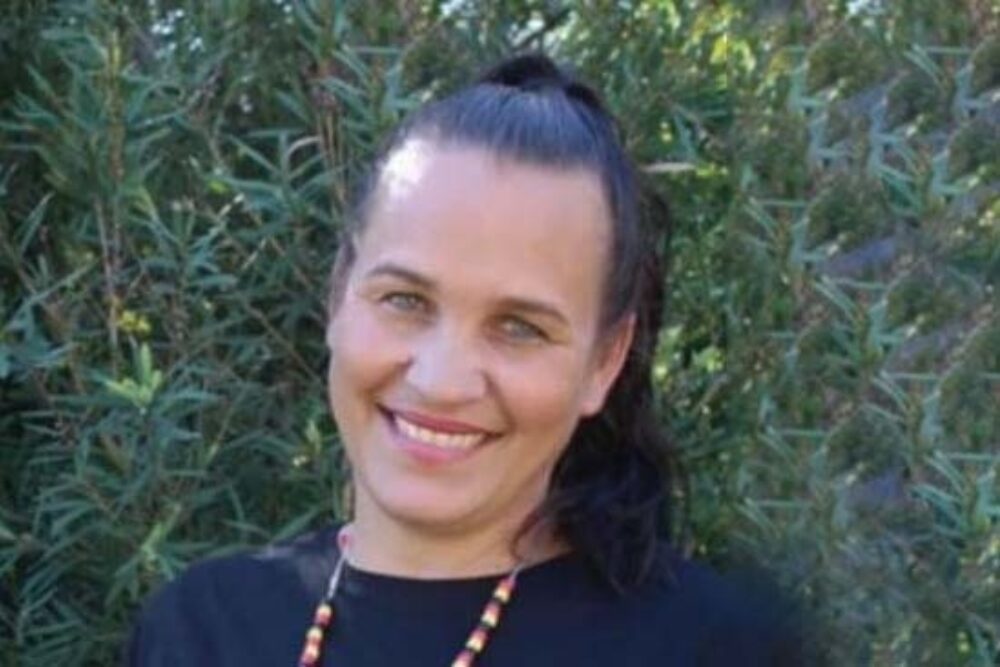
Tammy Wallace
Sanctuary Faculty Consultant
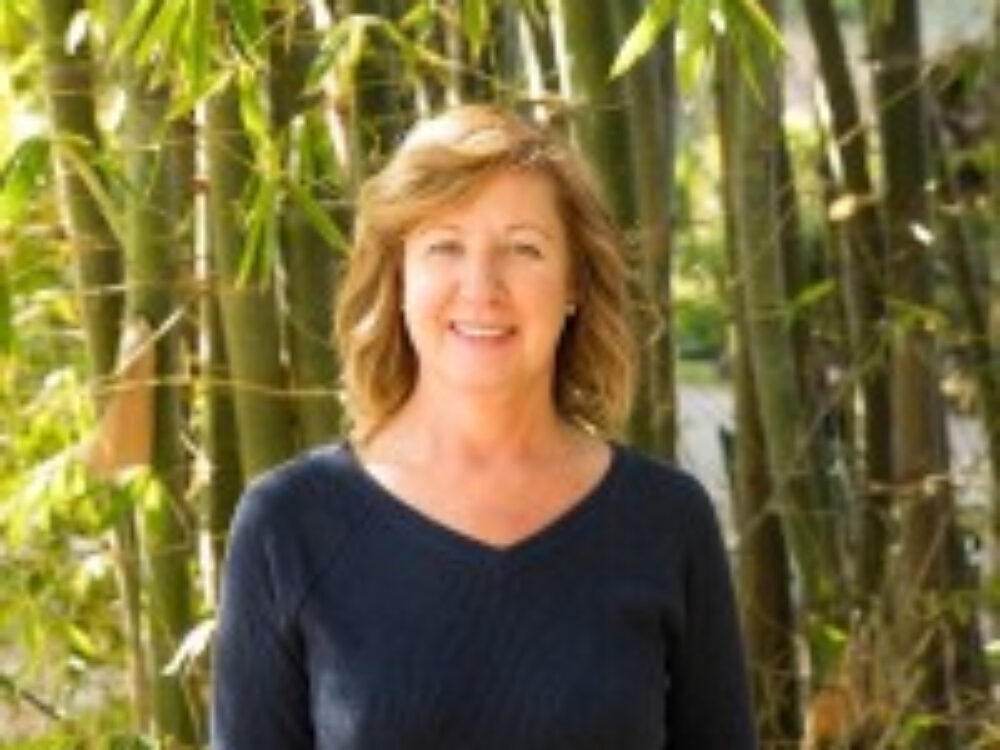
Kate Martin
Sanctuary Faculty Consultant
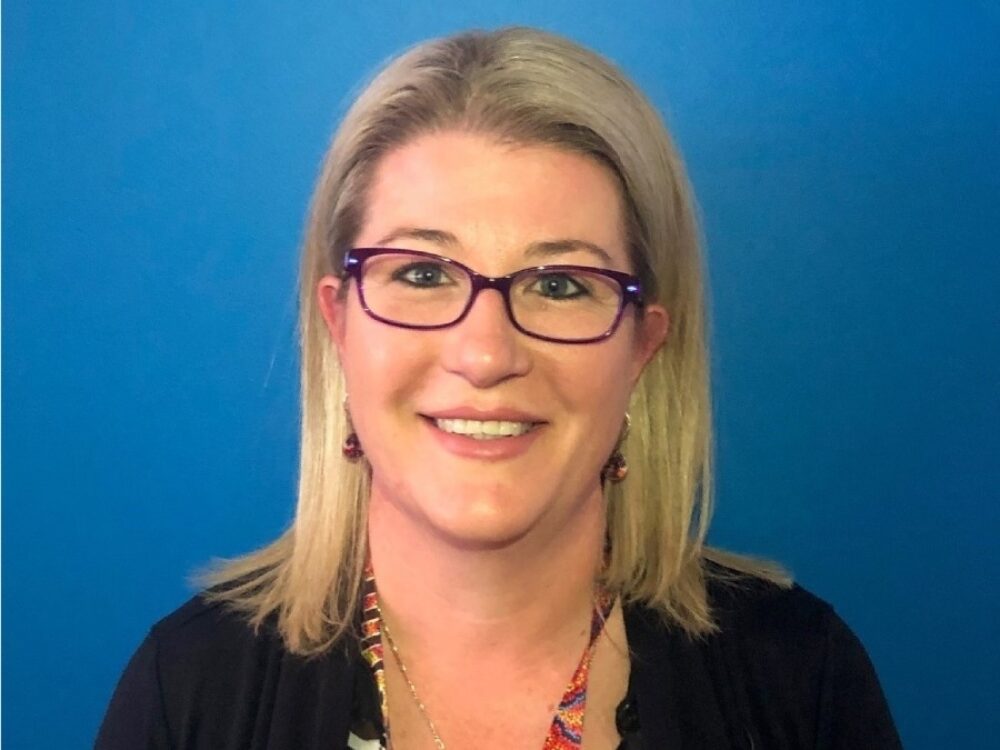
Kellie Goes
Sanctuary Faculty Consultant
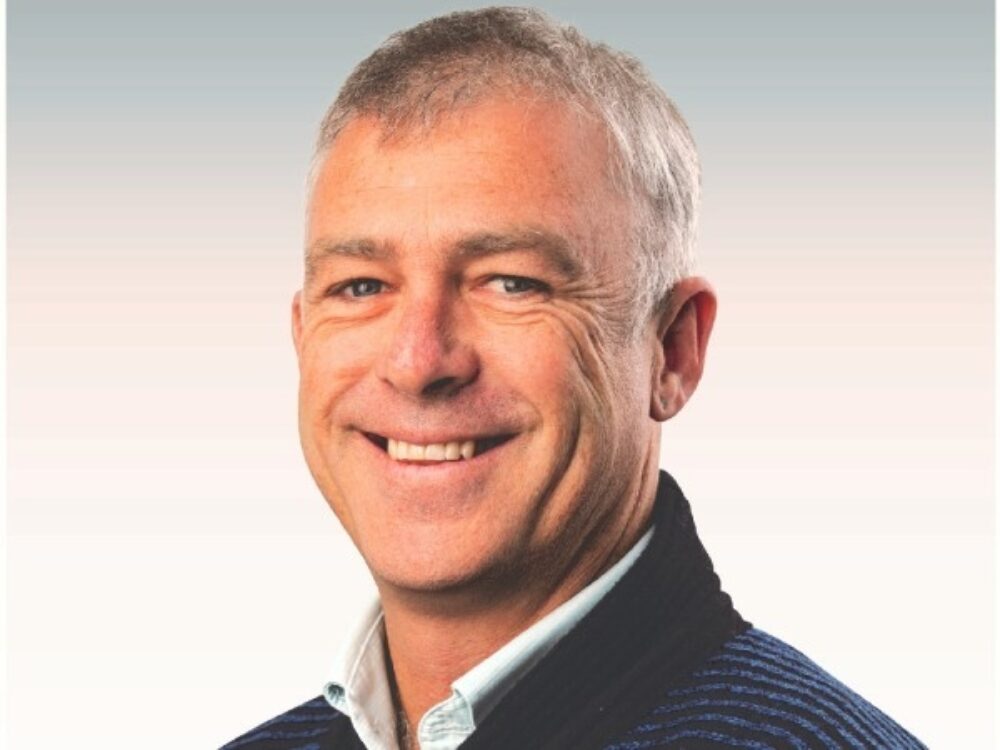
Matthew Spicer
Sanctuary Faculty Consultant
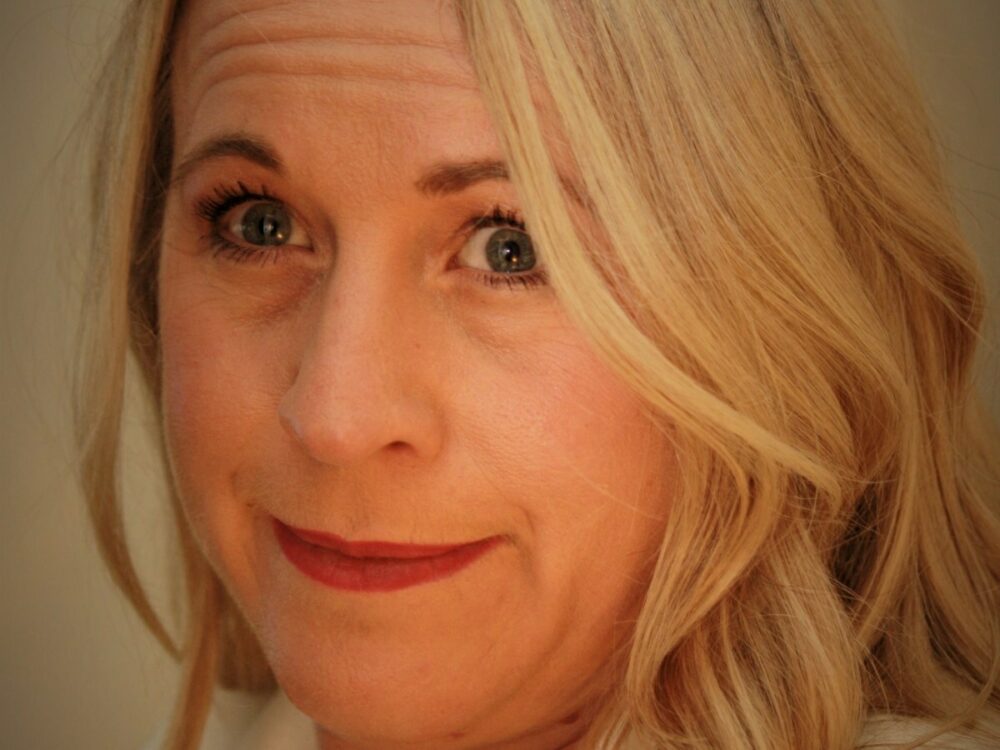
Tenille Abell
Sanctuary Faculty Consultant
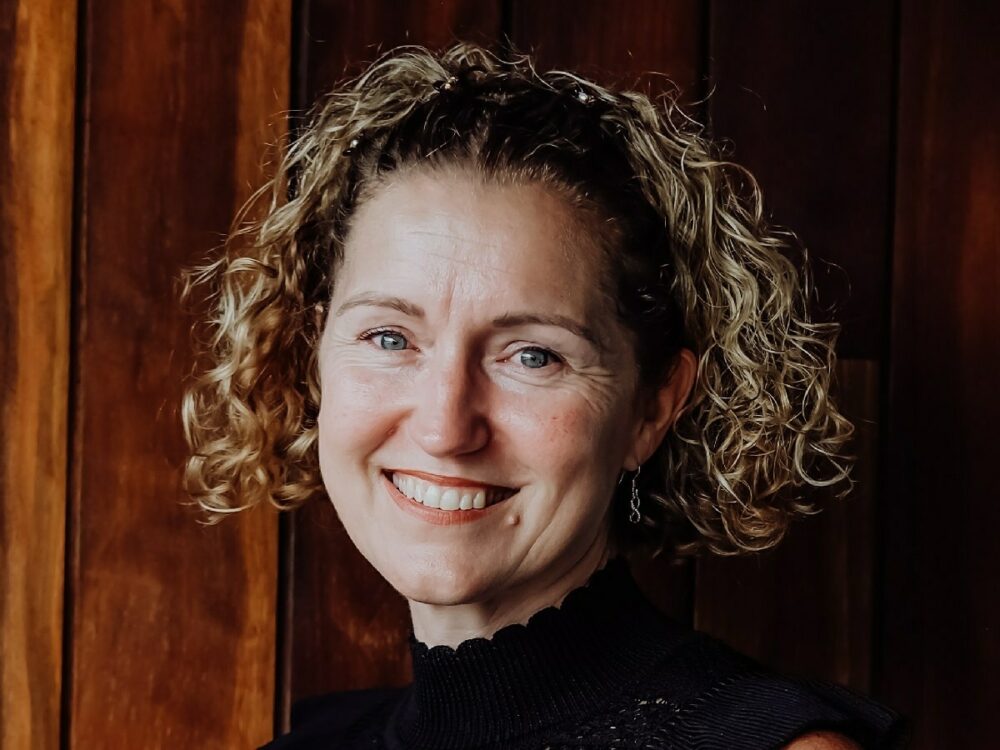
Annaley Clarke
Sanctuary Faculty Consultant
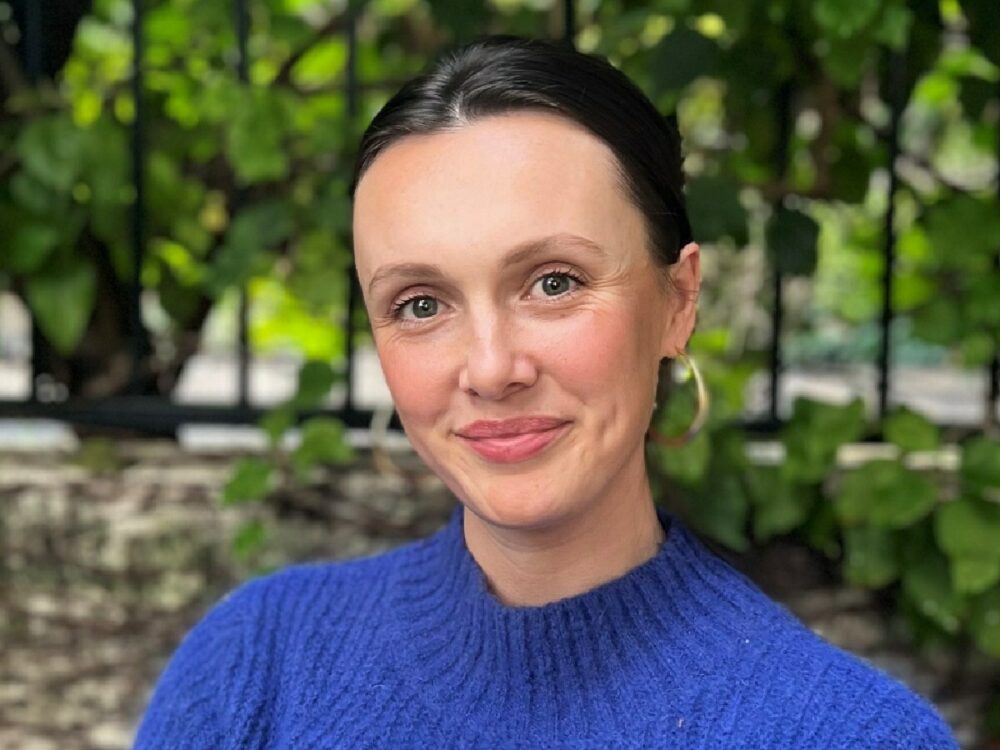
Molly Madigan
Sanctuary Practice Specialist & Faculty Consultant





